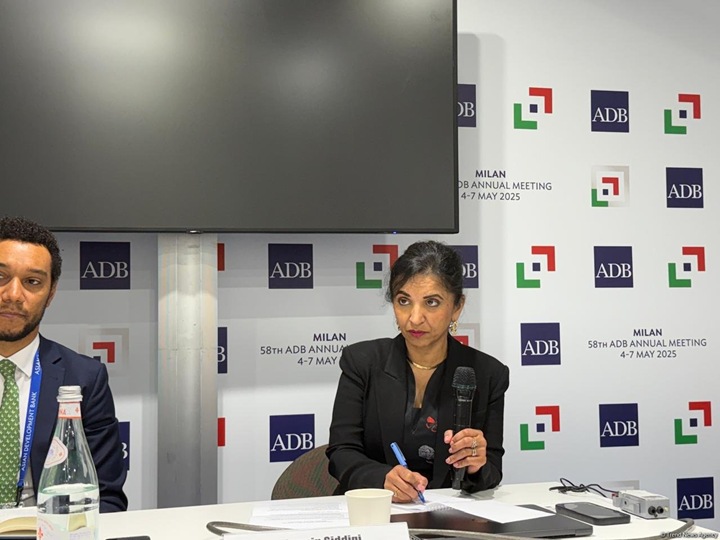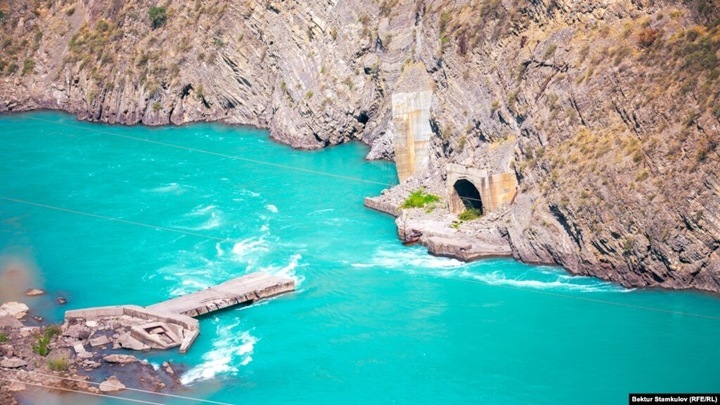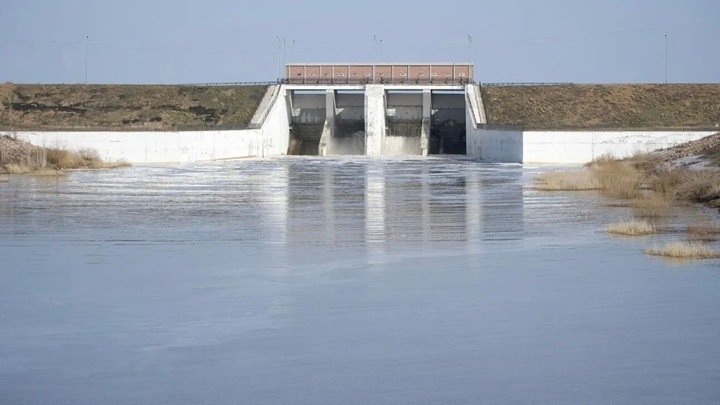ADB to finance construction of Ayakchi dam in Uzbekistan
The Asian Development Bank (ADB) expects approval of the Ayakchi dam construction project in Uzbekistan next year. This was stated by Yasmin Siddiqui, Director of the Asian Development Bank’s Department for Agriculture, Food, Natural Resources and Rural Development in Central and West Asia, during a briefing held as part of the 58th Annual Meeting of ADB, Trend News Agency special correspondent reports from Milan.

“ADB and Uzbekistan have a long history of cooperation in the field of water resources and agriculture. Last Monday I was in Tashkent, where I met with representatives of the Ministry of Water Resources to discuss the program From glaciers to farms. We are pleased to note that government agencies are showing great interest and a proactive approach. They are well aware of the scale of the challenges they face in connection with the melting of glaciers and its consequences,” she said.
Siddiqi noted that Uzbekistan is already facing an acute shortage of water resources, land degradation, soil and water salinization.
“At the same time, a significant part of the population depends on agriculture, as well as the country’s economy as a whole — especially on the cultivation of cotton and other key crops. We are cooperating with the Ministry of Water Resources, the Ministry of Ecology and Environmental Protection, as well as with agencies responsible for drinking water supply to form a potential portfolio of projects,” she stressed.
According to Siddiqi, the government of Uzbekistan has already identified a number of initiatives and investments that it would like to implement with the support of ADB and the Green Climate Fund as part of the From Glaciers to Farms initiative.
“As an example, I can cite one project that ADB plans to support. We expect that it will be approved by the ADB Board of Directors next year — this is the project for the construction of the Ayakchi dam. Its goal is to effectively manage water resources in order to avoid uncontrolled runoff of water along the river and its losses. As part of the project, we are also considering the possibility of introducing innovative solutions, such as floating solar power plants. Our task is to bring technology and innovation to the government whenever possible. It is also planned to install early warning systems on the Amu Darya River, since the availability of data is critically important for effective management,” she explained.


